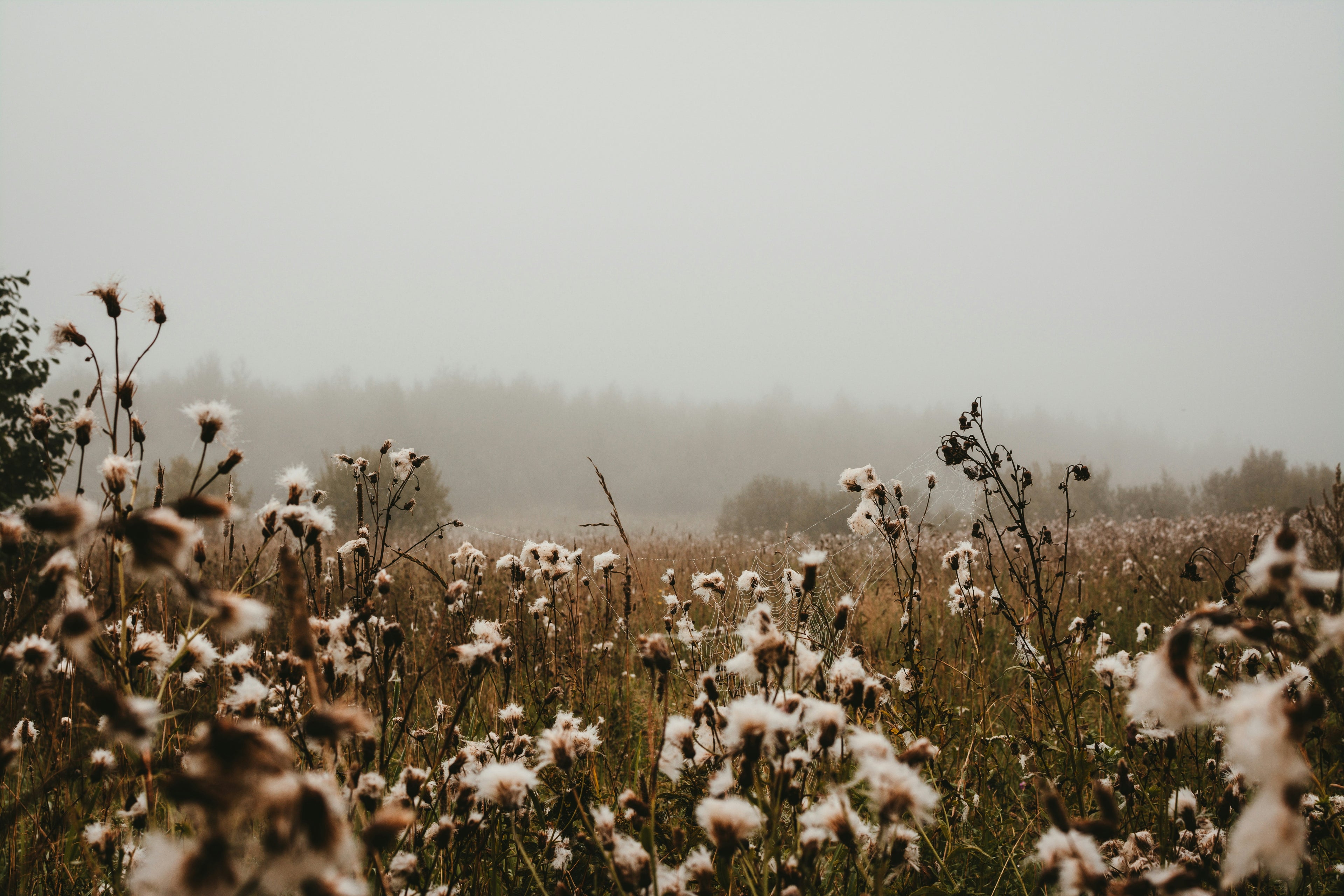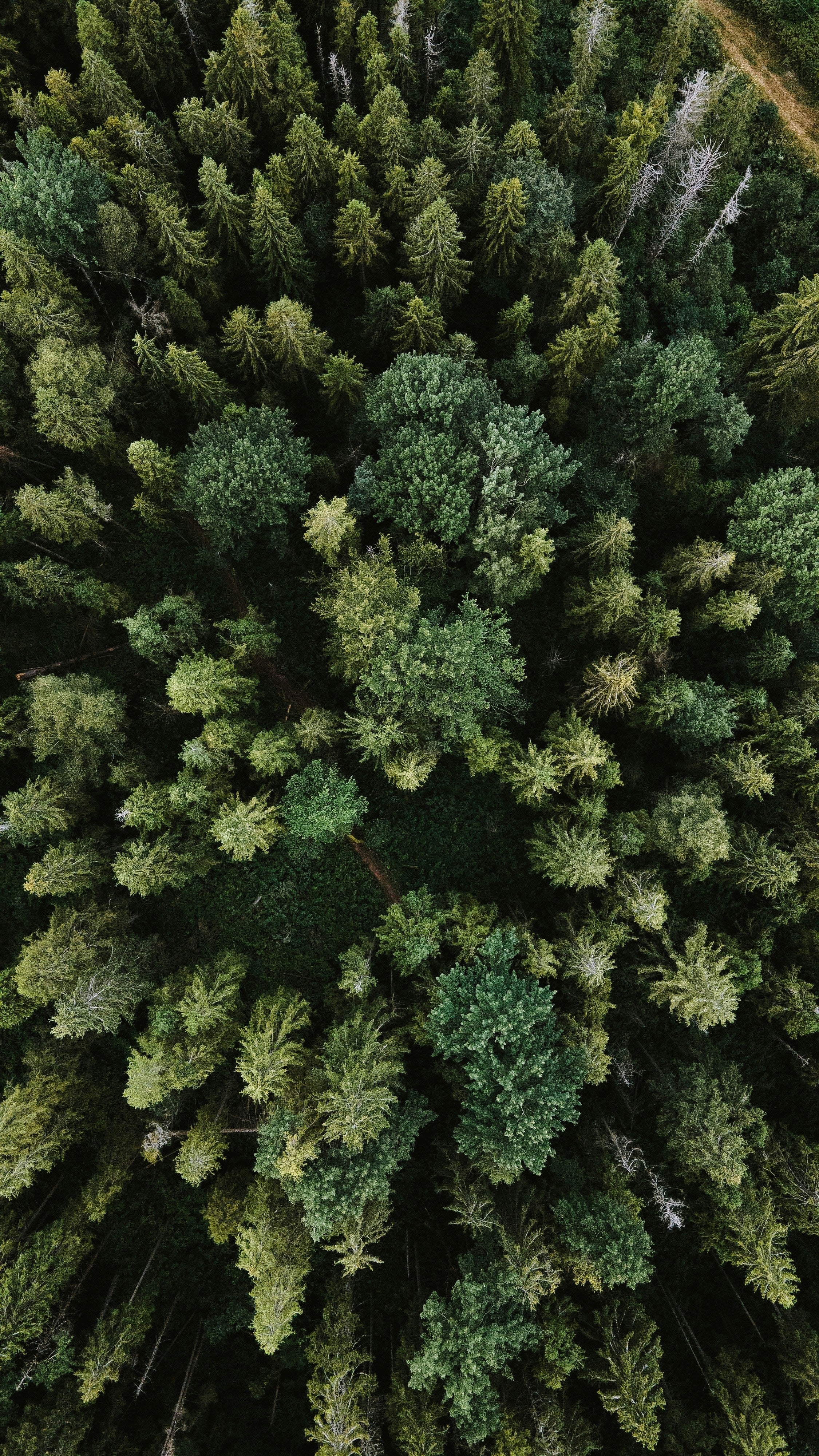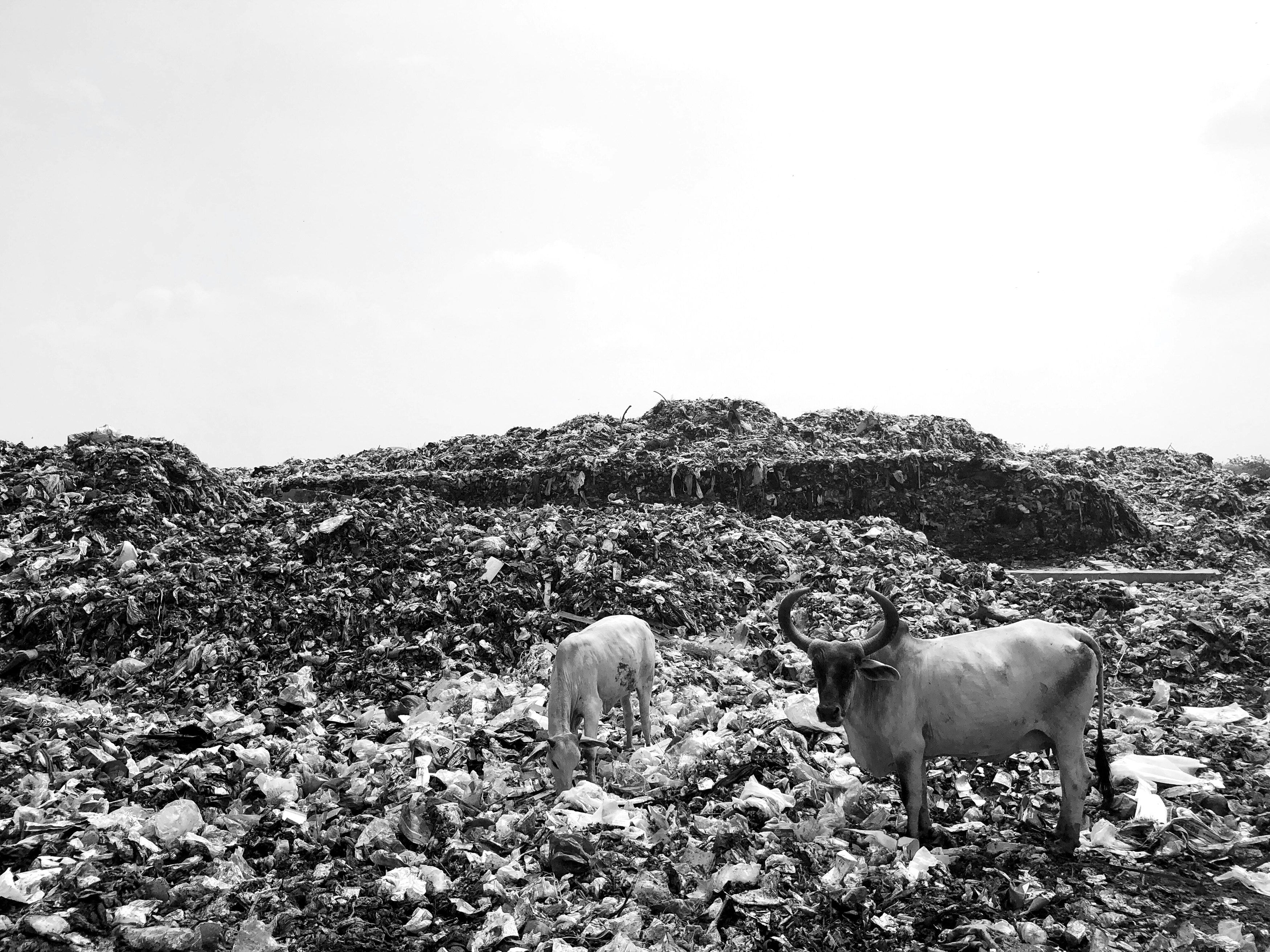SUSTAINABILITY
The fashion industry is one of the most polluting industries. It harms the environment by dyeing rivers while coloring fabrics, extracting petroleum for synthetic fiber production, and depleting lakes for crop irrigation. Beyond environmental damage, the industry also exploits workers by failing to provide living wages, safe working conditions, and adequate rest. These are just a few of the serious issues linked to the fashion industry—and just a few of the reasons why we are deeply committed to environmental and social responsibility and why we believe you should be as well.
Although no one can do everything, every effort counts. Therefore, we encourage you to reuse the clothes you already own, repair them when damaged, and care for them with love. We also encourage you to explore and evaluate information to make well-informed choices when it comes to clothing, and to avoid purchasing items you don’t need.
Sustainability lies at the heart of our business, and we are dedicated to continually expanding our efforts.
Textile production is estimated to be responsible for about 20% of global clean water pollution and is responsible for 10% of global carbon emissions. - European Parliament
Only 1% of used clothes are recycled into new clothes. - European Parliament
Of the 75 million garment workers around the world, only 2% earn a living wage. - Oxfam Aotearoa

WE DESIGN WITH PEOPLE AND PLANET IN FOCUS
MATERIALS
We carefully select the materials we use. For our basics, we exclusively use GOTS-certified organic natural fiber fabrics, produced in an environmentally and socially responsible way. Natural fibers are biodegradable and derived from renewable resources. These fabrics are comfortable to wear, long-lasting, easy to maintain, and simple to repair.
Our upcycled items are crafted from Pre-loved clothes and other materials. Upcycling old materials saves resources and prevents garments from becoming waste. When selecting materials for upcycling, we prioritize natural fibers to create durable, repairable, and recyclable products. Each item is unique, with the design determined by the available materials, ensuring maximum fabric use and minimal waste.
PEOPLE
We believe that fashion cannot be sustainable without living wages or without respecting workers' rights. That is why we choose certified fibers for our basics. The GOTS certification ensures that social standards in fiber and fabric production are respected. Our basics are produced in Sweden by partners who adhere to Swedish labor laws. Our upcycled items are produced in our own atelier in Sweden.
RECYCLABILITY
The fabrics we use for our basics are all monofiber, meaning they consist of only one type of fiber. These fabrics are easier to recycle, as they do not require the separation of different fiber types, a process that is both labor-intensive and costly. Our garment and care labels are made from organic cotton and printed with water-based inks, ensuring they do not need to be removed in a fiber recycling process.
QUALITY
We uphold high quality standards. All our products are crafted by skilled professionals. We select materials that maintain their appearance and integrity wear after wear, wash after wash. High quality and comfort ensure that you can enjoy our products for a long time, reducing the need to purchase new items.
REPAIRABILITY
Our classic designs are easy to care for and repair if damaged. Simple stitching can go a long way in mending damaged seams or hems, extending the life of your garment.

WE ARE COMMITTED TO TAKE CARE OF WHAT ALREADY EXISTS
OUR PRODUCTS
We encourage you to send back your unwanted AT WONNA products to us. We are committed to giving returned products a new life— by reselling, upcycling or recycling their materials.
EXTERNAL PRODUCTS
We view clothes as valuable assets that deserve to be cherished and cared for. Too many high-quality garments end up discarded. That is why, in addition to selling our own items, our Pre-Loved section includes products from other brands. This initiative is our way of giving clothes a second life, preventing them from becoming waste. Even though some items are made with materials we may not have chosen for our own designs, we believe in giving them a second life.
WE VALUE TRANSPARENCY
PRODUCT INFORMATION
We believe transparency is essential for making informed and thoughtful decisions. That's why we strive to share comprehensive details on our product pages for each garment, helping you make well-informed choices.
TRANSPORT
We strive to keep our supply chain as local as possible, reducing the need for long-distance transport to minimize carbon emissions.
PACKAGING MATERIAL
All our products are shipped in recyclable paper bags and tissue paper. All stickers, tags and strings that we use are made entirely from paper and are recyclable.
SMALL BATCHES
We produce in small quantities to avoid excess inventory and reduce waste. By producing in small batches, we ensure nothing goes to waste.

Every second, the equivalent of a rubbish truck load of clothes is burnt or buried in landfill. - The Ellen MacArthur Foundation
